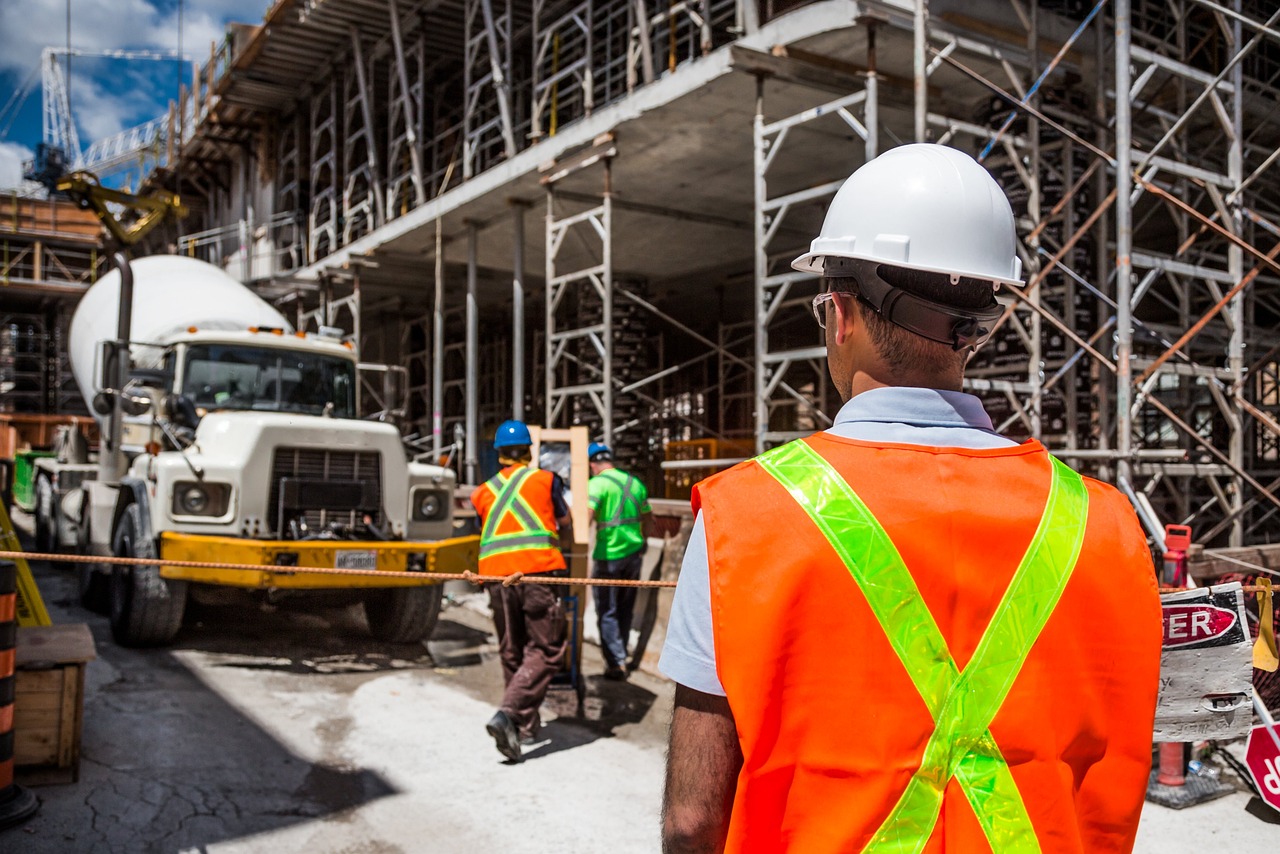Comprehensive Safety Management in Construction

Comprehensive safety management ensures the safety of all workers and is a multifaceted approach that mitigates risks. As it’s a crucial aspect of the construction industry, today’s article will explore its key components. After all, every detail matters, and every safety measure can make a world of difference.
For more information, check out this article on safety management in construction by ALICE Technologies.
Contents
Key components of safety management in construction
The key components of comprehensive safety management in construction each play an integral role in ensuring the proper standards.
Risk assessment
Risk assessment involves identifying potential hazards on a construction site, from falling objects to tripping hazards, and assessing the potential risks associated with each.
Safety training
To ensure that all workers understand established safety protocols, regular and comprehensive safety training is critical. Training should cover the use of personal protective equipment, procedures for handling hazardous materials, emergency evacuation plans, and more.
Regular inspections
Routine safety inspections are essential to identify and rectify potential hazards. Inspection frequency may depend on the nature of the construction project, but should be conducted by a qualified safety officer.
Incident reporting and investigation
Should an incident occur, having a robust reporting and investigation process is crucial to prevent future occurrences. This includes maintaining an incident log, conducting thorough investigations, and implementing corrective actions.
The importance of safety management in construction
The importance of comprehensive safety management in construction cannot be overstated. It serves several critical purposes, including:
- Worker protection: Above all else, safety management is designed to protect the lives and well-being of workers on site. Working in construction can be dangerous, and diligent safety management helps ensure that every worker goes home safely at the end of the day.
- Project continuity: Safety incidents can cause significant project delays. By effectively managing safety, construction companies can maintain project schedules and avoid costly interruptions.
- Liability management: Construction companies that fail to adequately manage safety can face substantial legal liabilities. Effective management helps mitigate this risk.
- Reputation management: A strong safety record can enhance a construction company’s reputation, making it more attractive to prospective clients and workers.
- Regulatory compliance: Last but not least, comprehensive safety management ensures compliance with local, state, and federal safety regulations, helping construction companies avoid fines and penalties.
All in all, comprehensive safety management is crucial to ensuring projects remain on track.






